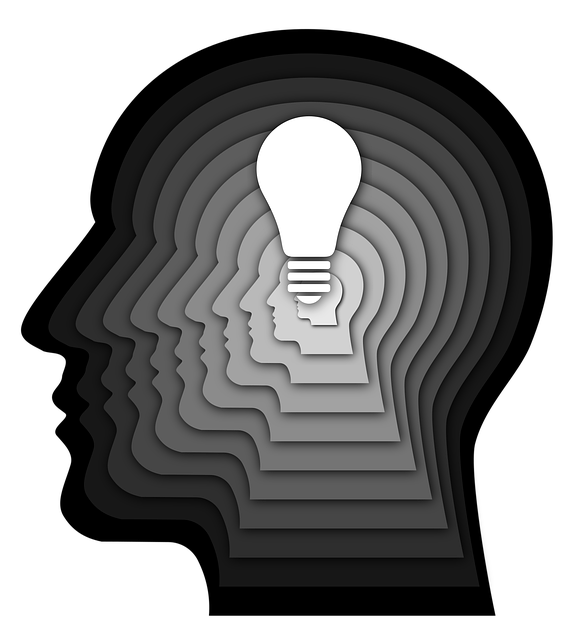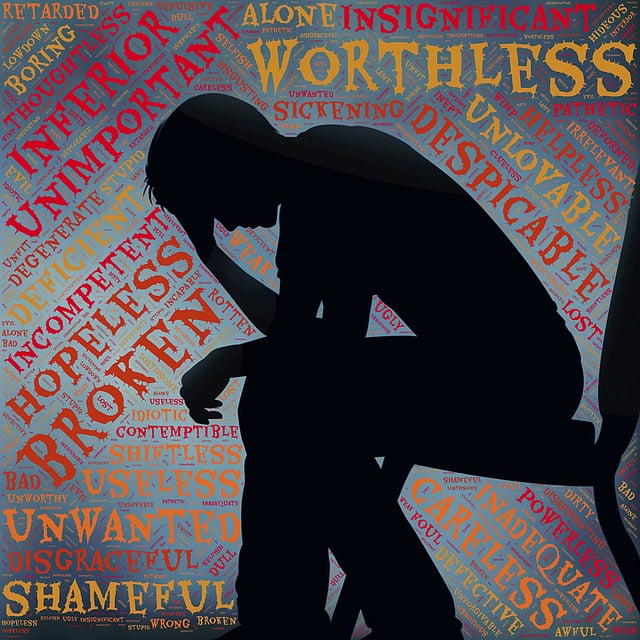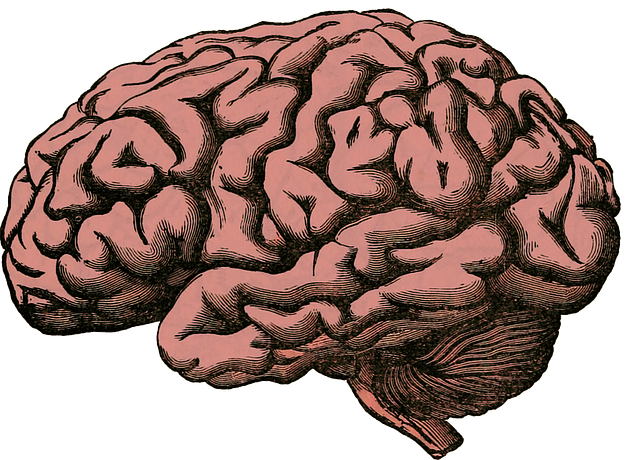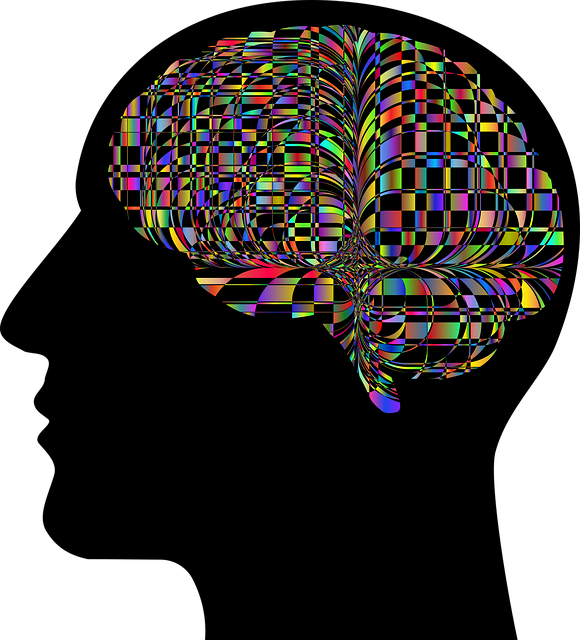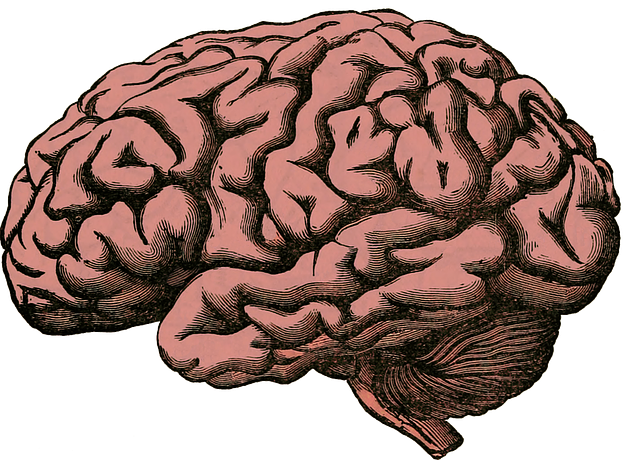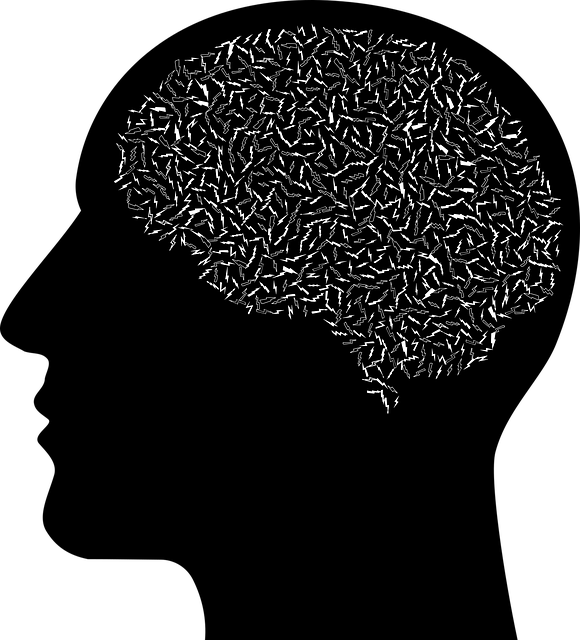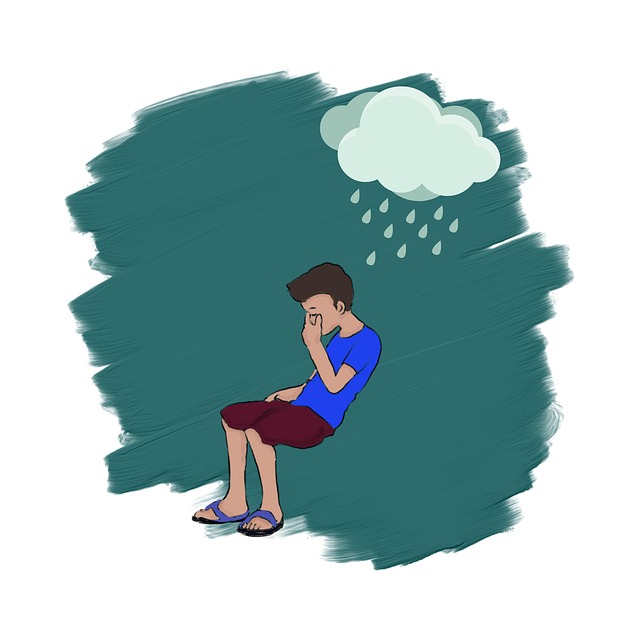Golden Developmental Disability Therapy emphasizes the importance of mental health education in creating inclusive communities. Through workshops, exercises, and discussions, they break down stigma, encouraging early intervention and access to resources. Tailoring programs to diverse demographics, such as adolescents, older adults, and individuals with developmental disabilities, ensures relevance. A well-rounded curriculum blending evidence-based practices like CBT and ACT equips participants with self-care and resilience skills. Cultural sensitivity is key for effective treatment, and evaluation, including pre-post assessments and ongoing support, tracks progress and empowers long-term mental wellness.
Mental health education programs play a pivotal role in fostering well-being and breaking down stigma. This comprehensive guide explores effective program design, from understanding mental health’s intricacies and promoting awareness to identifying diverse target audiences. It delves into curriculum development, emphasizing key components for impactful learning.
The article further highlights evidence-based practices crucial for positive outcomes, especially for individuals with developmental disabilities. Evaluation strategies and ongoing support are also discussed, ensuring programs meet their intended goals.
- Understanding Mental Health: Breaking Down Stigma and Promoting Awareness
- Identifying the Target Audience: Tailoring the Program for Different Age Groups and Communities
- Curriculum Development: Key Components of an Effective Education Program
- Implementing Evidence-Based Practices: Strategies for Positive Outcomes
- Evaluation and Support: Measuring Success and Providing Ongoing Guidance
Understanding Mental Health: Breaking Down Stigma and Promoting Awareness

Understanding mental health is a crucial step in fostering an inclusive environment that supports individuals with or at risk of developing a mental health condition. By breaking down stigma and promoting awareness, communities can create a safe space for open conversations about mental illness. This shift in perspective encourages early intervention and access to appropriate resources, which are vital for effective treatment and recovery.
Mental wellness coaching programs development often begins with initiatives aimed at mental illness stigma reduction efforts. Through educational workshops, self-awareness exercises, and interactive discussions, participants gain insights into the complexities of mental health. These programs empower individuals to recognize signs of distress in themselves and others, promoting a culture of empathy and understanding. With a better grasp of mental wellness and its various manifestations, communities can move towards implementing effective strategies to support those facing mental disabilities.
Identifying the Target Audience: Tailoring the Program for Different Age Groups and Communities

When designing a mental health education program, identifying the target audience is a crucial step. Different age groups and communities require tailored approaches due to varying needs and developmental stages. For instance, programs aimed at adolescents should focus on stress reduction methods suitable for their age, while older adults might benefit more from mood management strategies that cater to retirement or empty nest dynamics.
Considerations should also be given to individuals with developmental disabilities; a specialized program like Golden Developmental Disability Therapy can offer unique insights and exercises, such as mental wellness journaling guidance, which are accessible and beneficial for this specific community. By understanding and catering to these diverse needs, the education program can ensure its effectiveness and relevance across various demographics.
Curriculum Development: Key Components of an Effective Education Program

An effective mental health education program must prioritize curriculum development that is both comprehensive and engaging. The design should incorporate key components such as evidence-based practices, interactive learning strategies, and a holistic approach to well-being. By integrating topics like self-care routine development for better mental health, confidence boosting techniques, and mental health awareness, the program can empower individuals to take charge of their mental wellness.
Golden Developmental Disability Therapy serves as a strategic framework within the curriculum, offering tailored interventions that cater to diverse needs. This personalized approach ensures that each learner receives support commensurate with their unique challenges and strengths. Through a combination of theoretical knowledge and practical skills, participants gain valuable insights into managing stress, cultivating resilience, and fostering positive mental health outcomes.
Implementing Evidence-Based Practices: Strategies for Positive Outcomes

Implementing evidence-based practices is a cornerstone of effective mental health education programs. Techniques like Cognitive Behavioral Therapy (CBT) and Acceptance and Commitment Therapy (ACT), backed by robust research, have proven to significantly improve patient outcomes, especially in addressing Golden Developmental Disability Therapy areas. By integrating these strategies, educators can foster skills such as coping skills development, enhancing communication strategies, and promoting self-management—all vital for individuals navigating mental health challenges.
Cultural sensitivity in mental healthcare practice is another key consideration. Recognizing and incorporating cultural nuances ensures that interventions resonate with diverse populations. This approach not only improves engagement but also enhances the effectiveness of treatments. Through culturally responsive practices, mental health professionals can provide tailored support, addressing unique barriers and facilitating positive outcomes for everyone, regardless of their background.
Evaluation and Support: Measuring Success and Providing Ongoing Guidance

Evaluation and support are pivotal components of any mental health education program. Measuring success involves establishing clear outcomes and metrics to assess participant progress. This can include pre-post assessments, feedback forms, and observation techniques to gauge improvements in areas such as emotional regulation, stress management, and social interaction skills. By comparing initial evaluations with subsequent checks, the program’s effectiveness becomes tangible. For instance, a significant reduction in anxiety levels or an increase in proactive problem-solving behaviors among participants can serve as strong indicators of success.
Providing ongoing guidance is equally important. This involves not only sustaining the educational initiatives but also offering continuous support to participants. Crisis intervention guidance, for example, equips individuals with coping strategies to navigate mental health crises. Social skills training helps foster healthier interactions and relationships. Additionally, encouraging the development of a consistent self-care routine can significantly contribute to long-term mental well-being. These ongoing practices ensure that participants not only learn about mental health but also gain practical tools to manage and maintain their psychological resilience, ultimately enhancing the overall effectiveness of Golden Developmental Disability Therapy.
Mental health education programs, by incorporating effective strategies outlined in this article, can significantly contribute to fostering resilient communities. By breaking down stigma, tailoring content for diverse audiences, and adhering to evidence-based practices, we can empower individuals to recognize and manage their mental well-being. The key lies in a comprehensive curriculum that addresses specific needs while providing ongoing support, ultimately leading to positive outcomes, especially for those with developmental disabilities. This holistic approach ensures that education becomes a powerful tool for enhancing mental health accessibility and promoting overall well-being.
